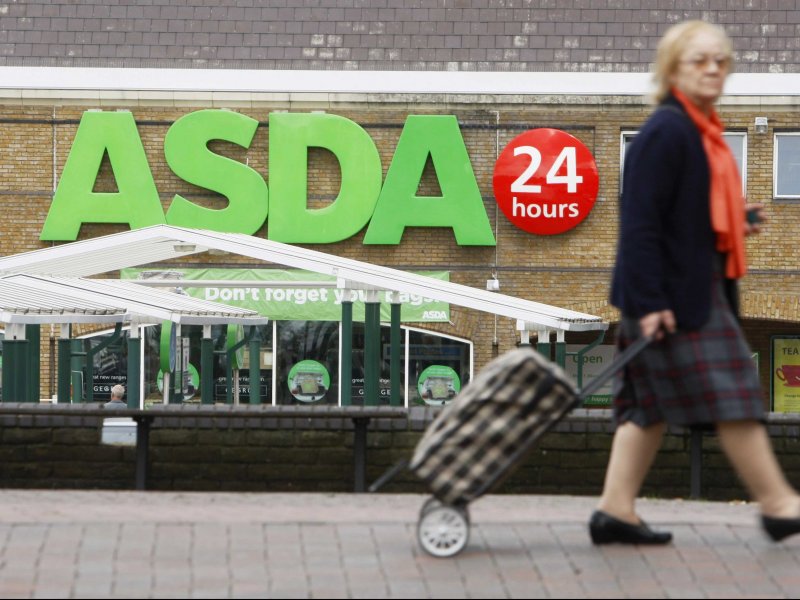LONDON — UK supermarket Sainsbury's on Monday confirmed a surprise deal to buy rival Asda from Walmart (NYSE:WMT) in a $10 billion (£7.3 billion) transaction.
Sainsbury's will pay Walmart £2.9 billion ($3.9 billion) in cash and give the retail giant 42% of shares of the combined business under the terms of the deal, valuing Asda at $10 billion (£7.3 billion).
The merger has taken the City largely by surprise. Analysts at Barclays (LON:BARC) dubbed it a "black swan" deal on Monday, referencing finance professor Nassim Nicholas Taleb theory of unexpected and difficult to predict events in markets.
While the transaction may not have been predicted, analysts have been quick to dissect the terms of the deal and what they mean for participants and the wider market.
Most analysis focuses on the trouble the deal could face with UK competition regulators, what the merger means for Walmart, and how it would affect the UK grocery market.
Here's what Goldman Sachs (NYSE:GS), UBS, Barclays and more are saying:
Goldman Sachs: 'We estimate Asda represents 6% of Walmart's global revenue'
Goldman Sachs analyst Rob Joyce and team: "We estimate Asda represents 6% and 5% of WMT’s global revenue and EBITDA (FY18), respectively, and 23% of its international revenue. We estimate that Asda is the largest piece of WMT’s international portfolio outside of the Americas, and its third largest overall, behind Mexico and Canada.
"We note that though Asda accounts are not presented, Sainsbury states that Asda EBIT
for FY17 fell to approximately £720 mn from £845 mn (-15%)."
UBS: 'It's hard to paint this as anything other than positive'
UBS analyst Daniel Ekstein: "It's hard to paint this as anything other than positive for shoppers (lower prices, better ranges, more flexible options) and the deal terms look attractive for shareholders too. The proposed merger is expected to generate net synergies of £500m/annum, after having made 'significant price investment' across the combined business (management references c.10% price cuts on KVI's).
"Food retail is a scale industry, where size drives efficiency across the value chain. Market share of the pro-forma combined entity would double to c.31%, leapfrogging current leader Tesco (LON:TSCO) at c.28%. Purchase price alignment accounts for £350m of the total synergies, whilst Argos concessions in Asda underpin £75m and reduced opex a further £75m."
Bernstein: 'The price of bad execution is huge'
Bernstein's Bruno Monteyne and Brandon Fletcher: "There is lots of talk of the "CMA since Tesco/Booker" assuming that something changed in the way the CMA looks at such deals. We dispute that: the CMA took the only possible conclusion in line with its remit. Therefore local competition, within 10 to 15 minutes' drive time, remains the key driver of store disposals. We think the potential gamble will depend on how the CMA treats discounter stores. In the past they were largely excluded (as being too small and therefore not a comparable one-stop shop).
"57% of Asda stores have large SBRY store within 12.5 mins drive time, leading to ~15% of store disposals. If they can convince CMA to include discounters, then it could be ~8%. This is a bold gamble. This deal could easily unravel acrimoniously if the CMA sticks to its old rules and parameters. At 13% store disposals, the deal would stop being accretive.
"The price of bad execution is huge. Morrisons-Safeway lost 28% of their sales through a combination of store disposals (9%), integration problems and culture clash. Cultures and retail propositions at SBRY & Asda are very different and therefore the execution risk seems much higher than the smooth Ahold-Delhaize merger."
